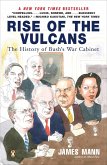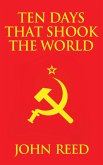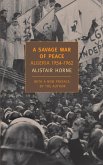Clausewitz was among those intrigued by the manner in which the leaders of the French Revolution, especially Napoleon, changed the conduct of war through their ability to motivate the populace and gain access to the full resources of the state, thus unleashing war on a greater scale than had previously been seen in Europe.
Clausewitz believed that moral forces in battle had a big influence on its outcome. Clausewitz was well educated and had strong interests in art, history, science, and education. He was a professional soldier who spent a considerable part of his life fighting against Napoleon. He had experienced the French Revolutionary Army's (1792-1802) zeal versus the old order's compulsive recruitment armies.
The insights he gained from his political and military experiences, combined with a solid grasp of European history, provided the basis for his work. A wealth of historical examples is used to illustrate its various ideas. Napoleon and Frederick the Great figure prominently for having made very efficient use of the terrain, movement and the forces at their disposal.
Dieser Download kann aus rechtlichen Gründen nur mit Rechnungsadresse in A, B, BG, CY, CZ, D, DK, EW, E, FIN, F, GR, H, IRL, I, LT, L, LR, M, NL, PL, P, R, S, SLO, SK ausgeliefert werden.









